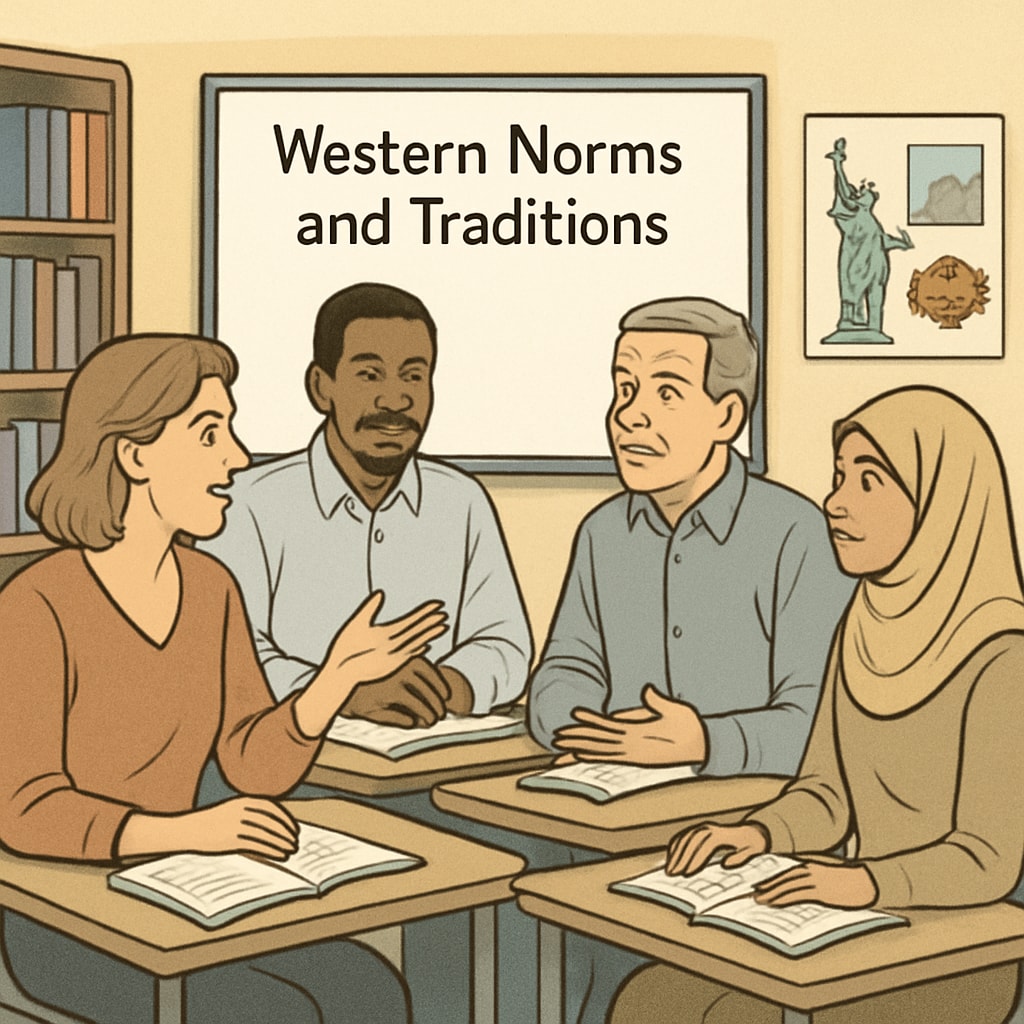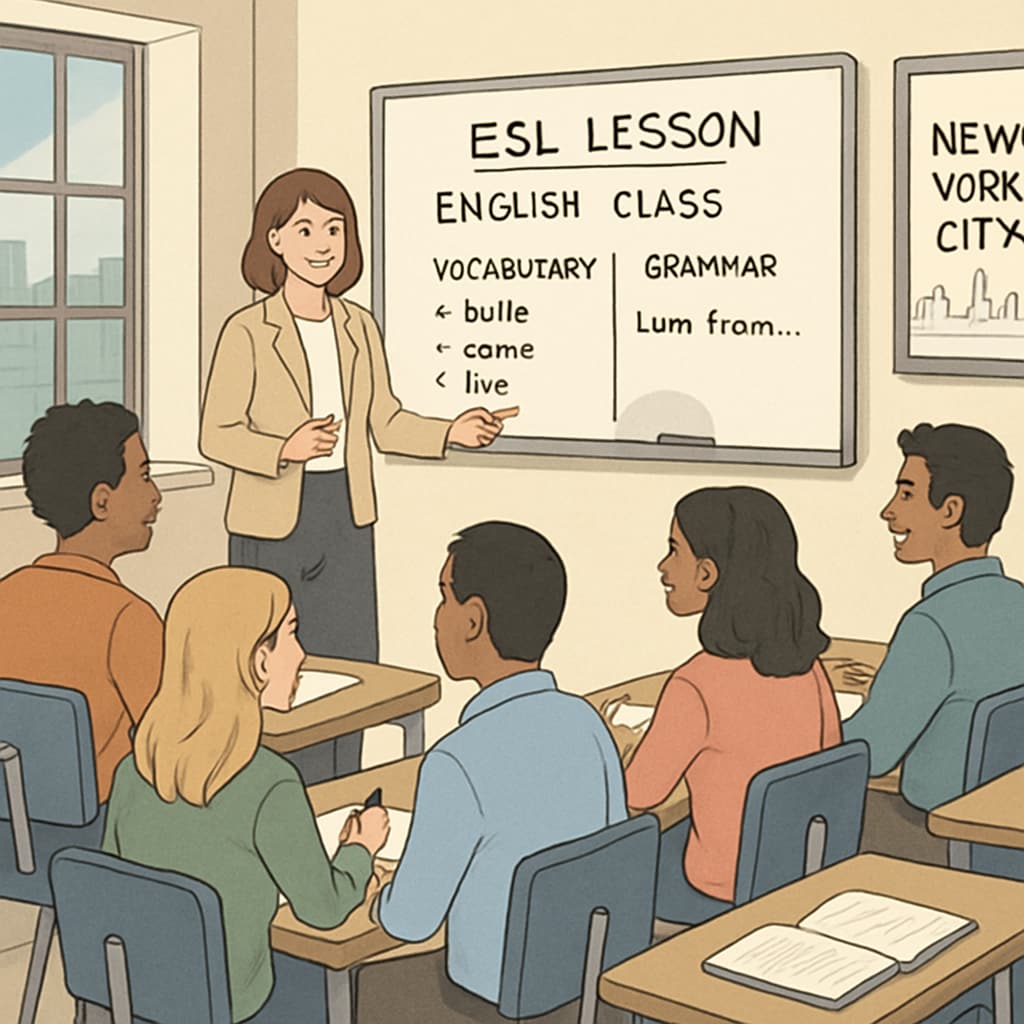Adjusting to a new cultural environment can be a daunting challenge for adult immigrants. To ease this transition, adult education programs focused on cultural adaptation and basic knowledge have become essential. These initiatives help immigrants navigate societal norms, build cultural understanding, and foster a sense of belonging. In New York City, a leader in multicultural integration, various programs provide tools to bridge the gap between immigrants and their new Western surroundings. This article explores the significance of these resources, highlights effective implementation strategies, and offers practical tips for cultural and social integration.
Why Cultural Adaptation Matters for Immigrants
Immigrants often face challenges such as language barriers, unfamiliar traditions, and differing societal expectations. Without proper cultural adaptation, these hurdles can lead to isolation and difficulty in securing employment or building relationships. Adult education programs designed to address these issues are crucial in supporting immigrants as they integrate into Western societies.
Some key benefits of cultural adaptation education include:
- Improving communication skills by teaching local idioms and expressions.
- Understanding social etiquette and workplace norms.
- Fostering an appreciation for cultural diversity while respecting local traditions.

Adult Education Programs in New York City
New York City offers a wide range of adult education programs tailored to the needs of immigrant communities. These initiatives are often run by nonprofit organizations, community centers, and government agencies, and they aim to provide immigrants with the tools to thrive in their new environment.
Examples of NYC-based programs include:
- ESL (English as a Second Language) Courses: Many immigrants begin their adaptation journey by learning English, which is critical for communication and employment opportunities.
- Cultural Workshops: These workshops cover topics like Western holidays, traditions, and social norms, helping immigrants understand and participate in cultural practices.
- Job Readiness Training: Focused on workplace etiquette, resume building, and interview preparation, these programs help immigrants secure jobs and build careers.
For more information on immigrant-focused programs, visit NYC’s official website.

Strategies for Effective Cultural Education
To maximize the impact of cultural education programs, educators and policymakers must adopt strategies that cater to the unique needs of adult learners. Here are some best practices:
- Interactive Learning: Incorporate hands-on activities such as role-playing and group discussions to make learning engaging.
- Language Support: Provide multilingual resources to address language barriers and ensure learning accessibility.
- Community Involvement: Foster connections between immigrants and local residents through events and mentorship programs.
In addition, collaboration with cultural organizations can enrich the learning experience by providing authentic insights into Western traditions. For example, the Wikipedia page on U.S. Immigration offers historical context that can be integrated into these programs.
Practical Tips for Immigrants
For immigrants enrolling in cultural education programs, the following tips can enhance the learning experience:
- Stay Open-Minded: Embrace new ideas and be willing to learn about unfamiliar customs.
- Engage Actively: Participate in discussions and ask questions to deepen understanding.
- Build Connections: Network with classmates and local residents to create a support system.
By taking advantage of available resources and maintaining a proactive attitude, immigrants can overcome cultural barriers and integrate successfully into Western societies.
Conclusion
Adult education focused on cultural adaptation and basic knowledge is pivotal for immigrant integration. These programs not only empower individuals to navigate their new environment but also strengthen communities by fostering mutual understanding and respect. New York City’s diverse range of initiatives serves as a model for other cities, demonstrating how education can unite people from different backgrounds. By prioritizing cultural education, we can build bridges that connect and enrich our global society.


